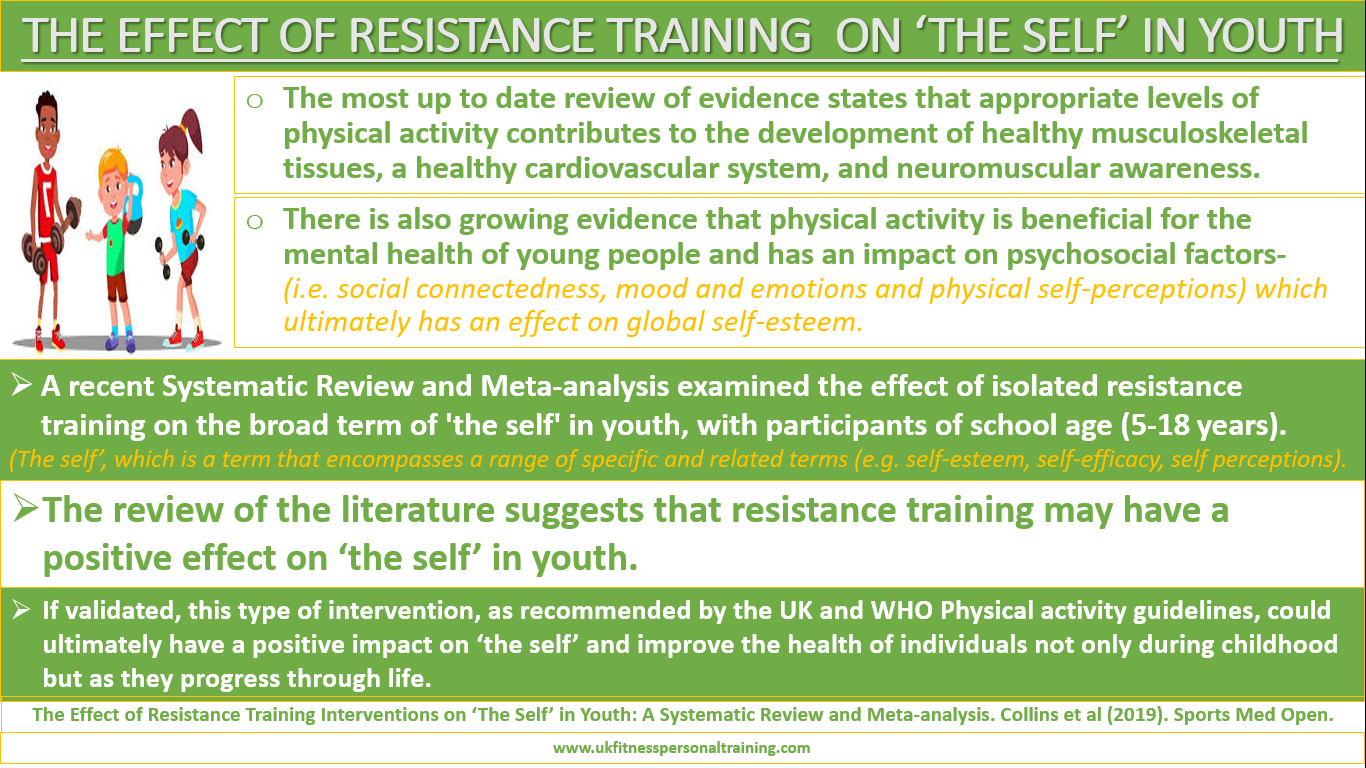|
Last week it was reported that Public Health England (PHE) published a report that being obese or overweight put people at greater risk of needing hospital admission, intensive care or even death from COVID-19.
There have been several studies that indicate that obese COVID-19 patients are more likely to receive mechanical ventilation and have a higher mortality rate. One of the main reasons many people fail to lose weight or keep the weight off is that they don’t have any plans or systems in place for losing weight(or if they do, they are not very good). Very often the initial plans are vague- "I intend to eat better, I am going to exercise more or cut out junk food". But to get results we need to be more specific. and build day to day foundations and systems that can be incorporated into our lifestyles that can help you reach your goals and keep you there.
The most up to date review of evidence states that appropriate levels of physical activity contributes to the development of healthy musculoskeletal tissues, a healthy cardiovascular system, and neuromuscular awareness.
In addition to the physical benefits, there is growing evidence that physical activity is beneficial for the mental health of young people including- Depression, anxiety and self-esteem and in this respect, one area that has been widely examined is the impact of physical activity on ‘the self’. Maintaining independence, quality of life, and health is crucial for elderly adults.
One of the major threats to living independently is the loss of muscle mass, strength, and function that progressively occurs with aging, known as sarcopenia. Several studies have identified protein (especially the essential amino acids) as a key nutrient for muscle health in elderly adults. As well as being calorie dense, a reason why ultra-processed foods can lead to weight gain & obesity is simply- they taste good and can facilitate overeating. Ultra-processed foods are engineered to have supernormal appetitive properties driving us to want to eat more.
Researchers investigated whether people ate more calories when exposed to a diet composed of ultra-processed foods compared with a diet composed of unprocessed foods.. Many people will have made New years resolutions that will involve them losing, weight, get fitter and be healthier. In a poll conducted by Bupa/ComRes 63% admitted having broken their resolutions within a month. One of the biggest mistakes I see when people are dieting is that they are trying to be too perfect. They start off their resolution with an over restrictive diet or meal plan that is hard to stick to.
1. Manage Your Appetite.
Eat foods that help you keep full and contain moderate calories. Choose foods that are lower calories and are higher on protein and/or fibre. Foods that are closest to nature are among the best for this. Veg, fruit, fresh meats, fish, potatoes, eggs, yogurt, beans, lentils, wholegrains. How many times have we heard someone say, “so and so seems to be able to eat anything they want and not put on weight, while I just have to look at food and I seem to put on weight, no matter what I eat, I put on weight” There can be a few things going on-
NON-EXERCISE ACTIVITY THEROGENESIS
It is common to hear people say they do not understand why they are not loosing weight as they don't eat much. However, the number of calories being consumed through drinks can catch a lot of people out. If you are looking to lose weight or improve body composition, it can be one of the easiest things to look at and change. Alcohol contains 7 calories per gram and contain starches and sugars, plus also many will have additional calories with mixers. Add those calories together and the calorie content in alcoholic drinks can be fairly high. Over time all those extra calories can catch up unexpectedly for many.
|
AuthorJamie Miller Categories
All
Archives
March 2021
|
LocationUK Fitness Personal Training
Personal Training Aberdeen
Aberdeen Fitness & Combat Centre.
Unit 1B, Berryden Retail Park Aberdeen AB25 3SA Can't come to Aberdeen to train 1-1?
Why not try online personal training? |
|
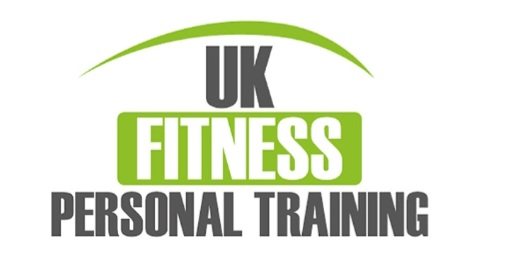
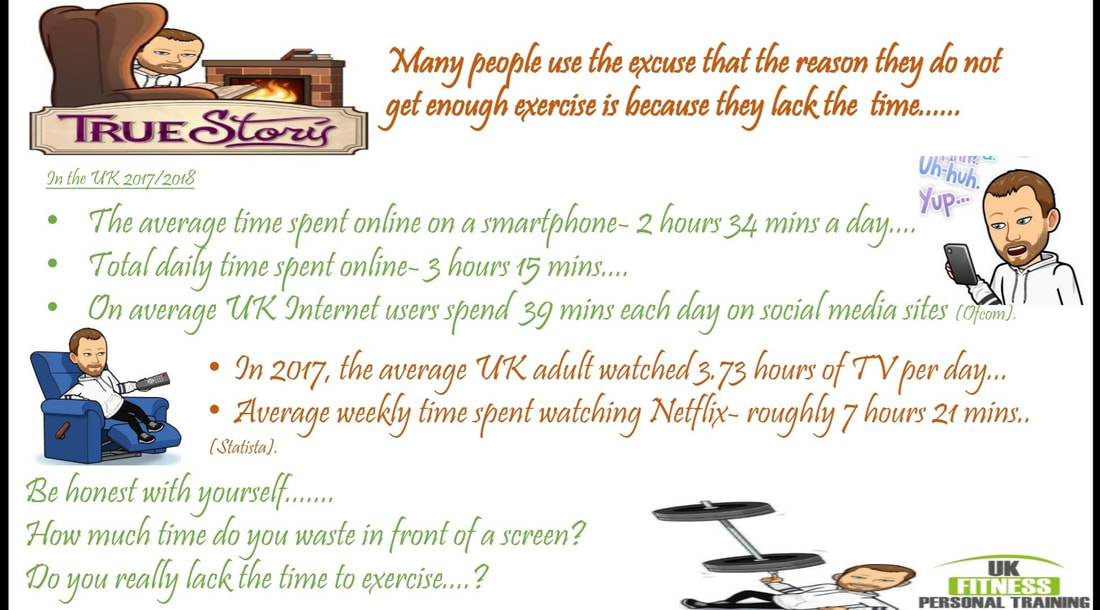
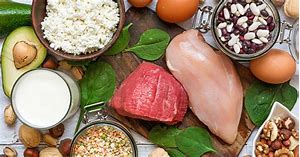
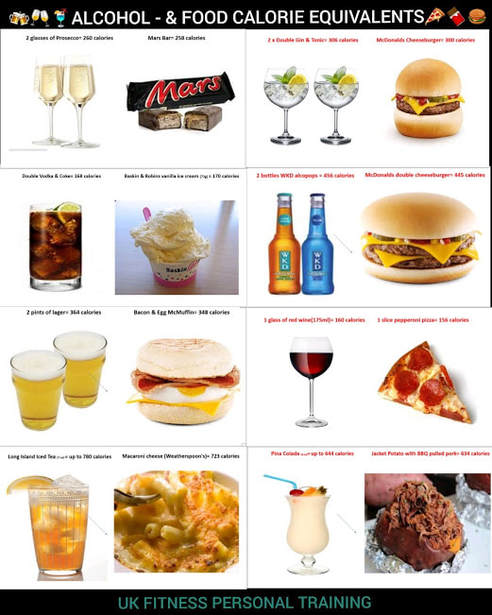
 RSS Feed
RSS Feed

